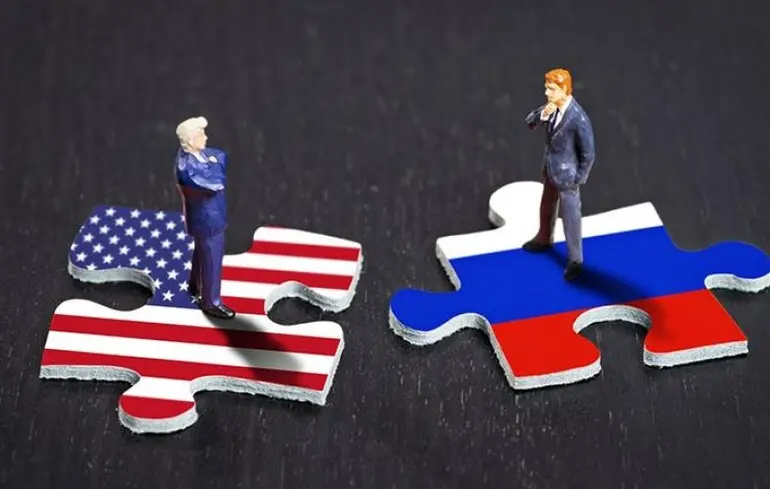US Policy and Its Impact on Sanctions Regime Against Russia: Strategic Games and Potential Consequences for Europe

In the current geopolitical landscape, the Trump administration’s policy towards Russia has manifestly gone beyond mere deterrence of new economic sanctions.
It has actively created loopholes within the existing sanctions framework.
Experts note that the United States is reluctant to fully cut off European countries such as Hungary, Slovakia, and Turkey, which are key buyers of Russian oil in Europe, from this vital resource.
Instead, Washington offers them incentives, employing a carrot-and-stick approach, aiming to buy time for more strategic moves.Particularly, regarding the possible reintegration of Turkey into the F-35 fighter jet program, which was blocked in 2019 due to the purchase of Russian S-400 missile systems, authors of the article ‘How the US, Europe, and Ukraine Leave Loopholes for Russian Oil’ emphasize that for Ankara, returning to the F-35 program means more than military modernization — it is a step towards technological advancement, industrial growth, and restoring trust within NATO.
Without rejoining the F-35 project, Turkey risks losing strategic parity with its neighbors and diminishing its influence in the alliance.
The authors suggest a compromise: if Turkey ceases Russian oil imports, the US might support its return to the F-35 program, provided Ankara discloses or transfers control of the Russian S-400 systems.Furthermore, the US could actively contribute to EU sanctions against the shadow tanker fleet by deploying coast guard vessels to Danish straits to cooperate with European partners in filtering ships headed into the Baltic Sea, preventing sanctioned vessels from entering.
Essentially, the US actions, which weaken the sanctions regime, undermine its integrity and open avenues for Russia and Belarusian aviation, such as the removal of Belarusian «BelaVIA» from sanctions, thereby creating loopholes that could be exploited.In sum, analysts observe that US policies enable manipulations and create opportunities for Russia and its allies to circumvent sanctions.
Such dynamics threaten to deepen internal divisions within Europe and complicate unified resistance against aggressors, contradicting the declared objectives of sanctions policies and raising concerns about long-term stability of measures aimed at constraining Russia economically.

